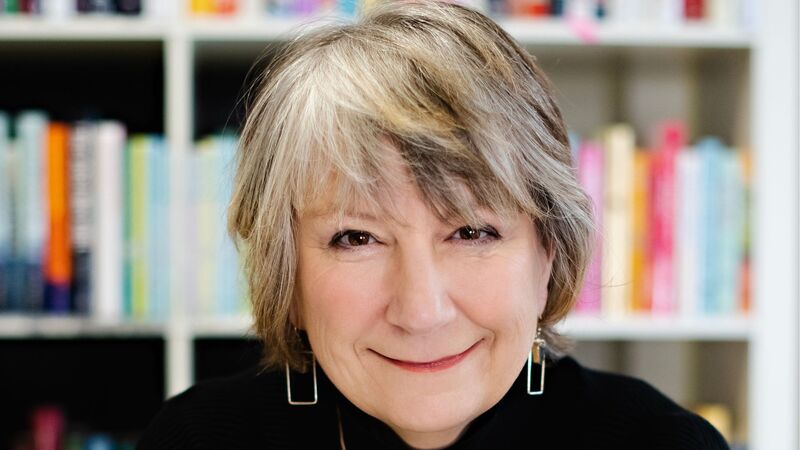You are viewing your 1 free article this month. Login to read more articles.
Lockdown is 'opportunity for systemic change', says Jhalak Prize founder
Sunny Singh, the co-founder of the Jhalak Prize, has said lockdown caused by the pandemic is an opportunity to reassess equality in the industry — although it could also have adverse consequences for writers of colour.
Speaking in The Bookseller's weekly Twitter conversation yesterday (Tuesday 26th March), she said the prize, won this year by Johny Pitts, has always had "amazing shortlists" and she is encouraged by the "greater range of books by writers of colour... beginning to come through, across the genres".
This year saw record numbers of submissions for the prize but Singh said the numbers of books published by writers of colour was increasing only "very slowly".
She warned that the "double whammy of Brexit and the pandemic" would have adverse consequences for writers of colour. "About 35% of UK publishing industry exports go to the EU", she said. "The pandemic, plus [the] corollary of economic downturn, means an industry that already operates on tight margins will reel."
She added: "We also have ample evidence that far too many organisations use economic downturn to jettison equality initiatives. I fear that the brunt will be borne by writers (and publishing staff) of colour."
This concern has been echoed by publishers at Knights Of and Jacaranda Books, who have started a crowdfunding campaign with Spread the Word charity to support diversity-led publishers. Speaking to The Bookseller early this month, Aimee Felone, publisher at Knights Of, said: "We are very aware that talks around diversity and inclusion have taken a back seat at the moment, and that a lot of independents work towards creating a better, more inclusive industry when they themselves are at risk."
Singh advised publishers to "hire, pay, promote more staff of colour who can then identify, publish and support more writers of colour and get amazing books to more readers and book buyers of colour".
However she added that lockdown was also manifesting an "opportunity for my dream scenario" in that publishing could emerge as less London-centric, which "immediately opens up options for hiring talent across the country and working more flexibly". She said this would favourably impact recruitment in "what is overall a fairly poorly paid industry which when put together with being centred in London, means only those with additional support systems can reasonably work in it. So this already makes the workforce more diverse. With a more diverse workforce, the industry can focus on expanding readers and buyers' base", she added.
Singh urged industry leaders to focus on the "huge untapped potential buying power in communities of colour in Britain".
"Frankly the publishing industry barely thinks of us as major consumers. I would like to see a post-pandemic industry that is able to think of us, publish for us, cater to our tastes and needs us.
"This is an opportunity for huge systemic change and it would be a shame if we missed it," she said.
















